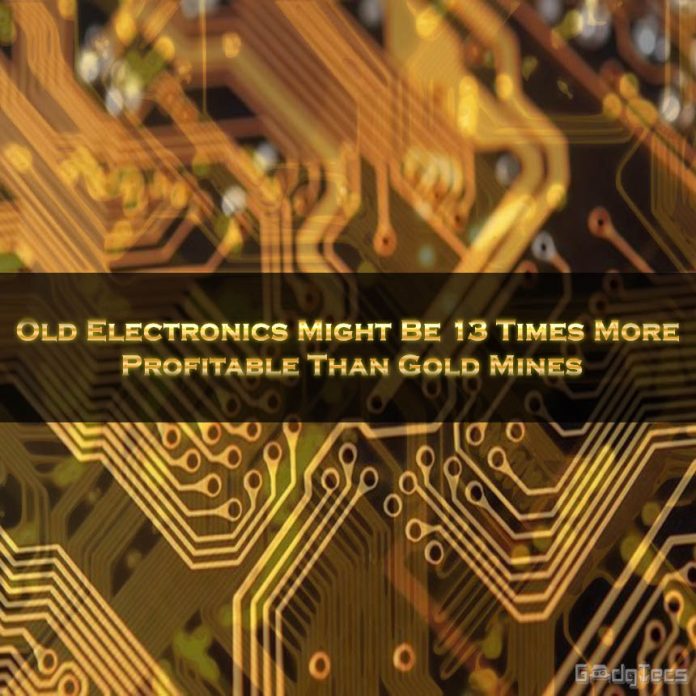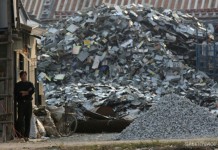Forget panning for gold or extracting copper ore. A new research reveals that recovering metals from discarded electronics, a process generally known as urban mining, is way cheaper than mining them using the traditional method.
In the event you are studying this, you are part of one of our planet’s greatest issues: e-waste. Ultimately, your slows down or the softwares keep getting more resource intensive and you determine it’s time to upgrade. You might forget all about your discarded gadget the minute you get your hands on its shiny new alternative, however the planet will not.
In 2016 alone, the world discarded 44.7 million metric tons of unusable or unwanted electronics, based on the United Nations’ 2017 Global E-Waste Monitor report. That’s 4,500 Eiffel Towers-worth of smartphones, microwaves, laptops, and televisions. Only 20% of this e-waste was properly recycled that year. The remainder was probably either incinerated, pumping air pollution into the environment, or added to a landfill somewhere, with its toxins now leaking into our soil and ground water.
Simply trashing our electronics is unhealthy for the environment, however that’s clearly not enough to stop the practice. What might be enough, though, is the information that these discarded electronics might be a literal gold mine. In fact, we already knew electronics contain precious metals in addition to all that plastic and glass. But was it feasible to extract them?
Feasibility Study
Whereas a single gadget might not contain all a lot, shoppers purchase about 1.7 billion of the gadgets annually. In only one million of these, you’ll find roughly 75 pounds (~34 kg) of gold, 35,000 pounds (~15,900 kg) of copper, and 772 pounds (~350 kg) of silver.
All of it adds up. However based on a press release from the American Chemical Society, nobody was quite certain whether mining it was economically worthwhile or not.
To clear up that problem, a trio of researchers from Bejing’s Tsinghua University and Sydney’s Macquarie University carried out a study, the outcomes of which are now printed in the journal Environmental Science and Technology.
First, the researchers collected information from eight recycling firms in China. They calculated all the costs related to mining gold and copper from recycled tv units – from gathering the e-waste to paying for the tools and space needed to recycle it.
After they figured that out, they factored in government subsidies and the money the companies may make selling the various components into the equation. Lastly, the researchers compared the entire cost of this urban mining to that of ore mining and concluded that urban mining was 13 times more profitable.
YOU MAY LIKE: Solving The Growing E-Waste Crises
Of course, not every nation has the identical subsidies as China, nor will all the costs of recycling be the identical everywhere. Nevertheless, China is the world’s largest producer of e-waste, according to the UN report. If firms in that nation see they can generate income by mining metals from e-waste, it may have a big effect on the overall problem. Perhaps, now other countries can do some research too to find out if they can generate money using e-waste.















































